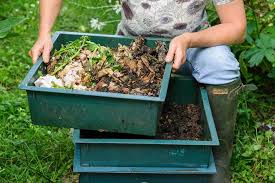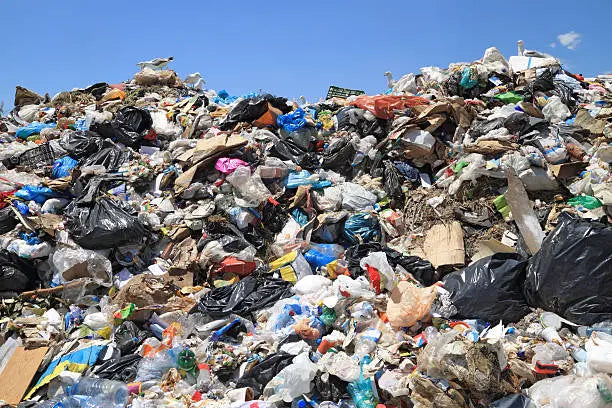Why You Should Start a Worm Farm
Worms are an invaluable part of the composting process, and starting a worm farm is an easy way to get your hands on a steady supply of them. Not only are worms great for composting, but they can also be used in a variety of other ways. Here are 15 reasons why you should start a worm farm.

15 Reasons You Should Start A Worm Farm
- Worms help break down kitchen scraps into nutrient-rich fertilizers. By having your own supply of worms, you'll be able to speed up the composting process and create nutrient-rich soil for your garden or houseplants.
- You don't need much space to start a worm farm.
- All you need is a bin with proper drainage, some bedding material such as shredded paper, and enough food scraps to keep your worms fed.
- Worms don't require much maintenance; all you have to do is make sure they have enough food and water and that their environment stays moist and cool.
- Worms reproduce quickly so you won't need to buy new ones very often; once your population reaches its desired size, it will stay that way for many years to come!
- If you ever want more worms, it's easy to divide them into two separate bins so that each bin has its own healthy population of worms.
- Starting a worm farm is an inexpensive way to reduce your environmental footprint by cutting down on food waste that would otherwise end up in landfills or incinerators releasing harmful pollutants into the air we breathe!
- A worm farm can make a great science project for kids; it's fun and educational at the same time!
- You can use the nutrient-rich fertilizer produced by your worms on plants both indoors and outdoors; this will give them an extra boost of nutrients they may not be getting from traditional fertilizers!
- The castings (worm poo) produced by your worms can also be used as potting soil for seedlings or young plants that need extra nutrients in order to thrive! If you're looking for ways to cut down on plastic waste in your home, using castings instead of store-bought potting soil can help reduce plastic consumption since most potting soils come in plastic bags or containers!
11 . Worm farms can act as natural filters for wastewater from sinks, showers, etc.; this helps reduce strain on septic systems and prevents harmful chemicals from entering our waterways!
12 . Worm farms are great habitats for beneficial insects like ladybugs - providing these helpful critters with food sources like decaying plant matter will help keep pests away from gardens without having to resort to chemical controls!
13 . You can even harvest honeybees from a properly managed worm farm - just make sure they have plenty of flowering plants nearby so they'll have nectar sources when they're out gathering pollen!
14 . Worm farms are low-maintenance pets that require minimal care - just feed them regularly and provide some shelter (like cardboard boxes) where they can hide if needed!
15 . Last but not least, owning a worm farm is incredibly rewarding seeing how nature works in action right before your eyes - what could be better than that?

Starting a worm farm is an easy way to get access to valuable composting materials while also reducing waste and helping the environment at the same time! Not only are worms great for producing nutrient-rich fertilizer but they can also act as natural filters for wastewater, and provide habitats for beneficial insects like ladybugs! Plus, owning a worm farm is incredibly rewarding—what could be better than that? So if you’re looking for something fun yet educational then starting up your own worm farm might just be the perfect project for you!



Leave a comment
All comments are moderated before being published.
This site is protected by hCaptcha and the hCaptcha Privacy Policy and Terms of Service apply.